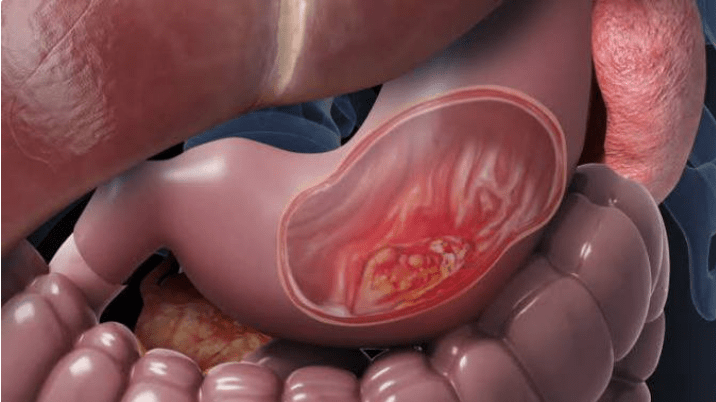
Gastric cancer, commonly referred to as stomach cancer, is a kind of cancer that develops when cells in the stomach lining grow out of control. Although there is no known cause for stomach cancer, there are a number of risk factors that raise a person’s likelihood of getting the disease. This article will go through five potential causes of stomach cancer.
1. Infection with Helicobacter pylori.
A particular form of bacteria called Helicobacter pylori (H. pylori) can survive in the stomach lining for years without generating any symptoms. But, in some people, the bacteria can inflame the stomach lining and harm it, which can result in stomach ulcers and a higher risk of stomach cancer. The World Health Organization (WHO) claims that H. pylori infection is the main factor in up to 90% of cases of stomach cancer in some regions.
2. Gender and Age:
The average age of diagnosis for stomach cancer is 68, and older persons are more likely to get it. Moreover, men are more prone than women to contract the illness. It’s not quite obvious why this is the case, although it could be because of hormone variations or variations in food and lifestyle preferences.
3. Diet And way of life:
The risk of stomach cancer has been linked to diets heavy in salt, processed meats, and smoked or pickled foods. Smoking, obesity, and excessive alcohol use have also been demonstrated to raise the likelihood of acquiring the condition. It is hypothesized that these elements may lead to stomach lining irritation, which can raise the risk of cancer.
4. Family History
A person’s risk of having stomach cancer may be increased by a family history of the disease. Stomach cancer risk has been associated with inherited genetic mutations, such as those in the CDH1 gene. The risk of acquiring the disease can also be significantly increased by some genetic diseases, such as hereditary diffuse gastric cancer (HDGC).
5. Stomach Surgery Prior:
Stomach surgery patients, such as those who have partial gastrectomy, may be more likely to develop stomach cancer. This is believed to be the case because surgery may alter the stomach’s structure and functionality, making it more prone to inflammation and damage.
In conclusion, stomach cancer is a complicated condition that can be influenced by a wide range of circumstances. While age and gender are unavoidable factors, others, like diet and lifestyle, can be altered to lower the risk of contracting the illness. Additionally, patients who are diagnosed with stomach cancer have a much better chance of surviving if they receive early identification and treatment.